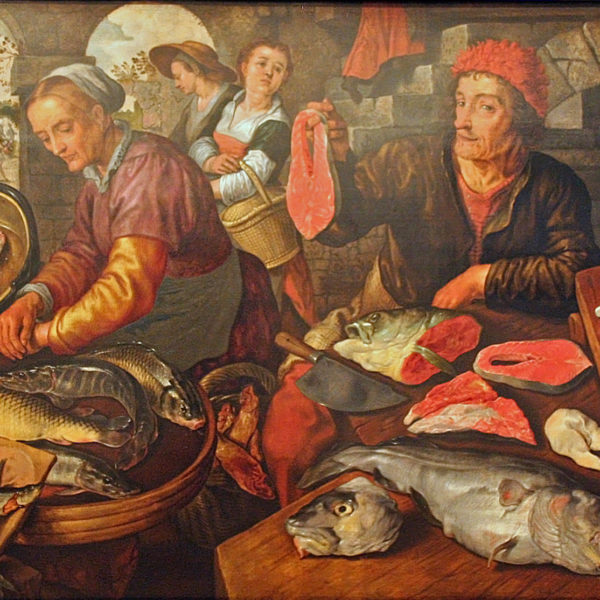
Christians worldwide are currently observing Lent, a penitential season of prayer, fasting, and almsgiving. Generally speaking, modern western Christians are prone to approach these disciplines as a matter of individual piety. But historically, these practices have carried much broader and more significant social, economic, and political implications. We often think of the Protestant Reformation as declaring an end to Lenten observance, and public fasts in general, but the reality is more complicated.
Few figures in the history of theology can boast as contested a legacy as Richard Hooker, the purported forefather of a protean via media that is redefined with dizzying frequency. Until recently, many readings of Hooker suffered from the insularity that characterized much of Anglican historiography, doggedly committed to the assumption that England had its own history, blissfully independent from goings-on on the Continent. So when historian Torrance Kirby suggested that in fact, Richard Hooker should be read as a theologian of the magisterial Reformation, he touched a raw nerve among Hooker scholars, generating a hostile backlash that, after two decades, shows no sign of letting up. Perhaps tellingly, none of the responses to Kirby and his followers has bothered to engage the thesis at the heart of his re-interpretation, that Hooker’s theological response to Puritanism rested throughout on his Protestant—indeed, Lutheran—two-kingdoms doctrine…